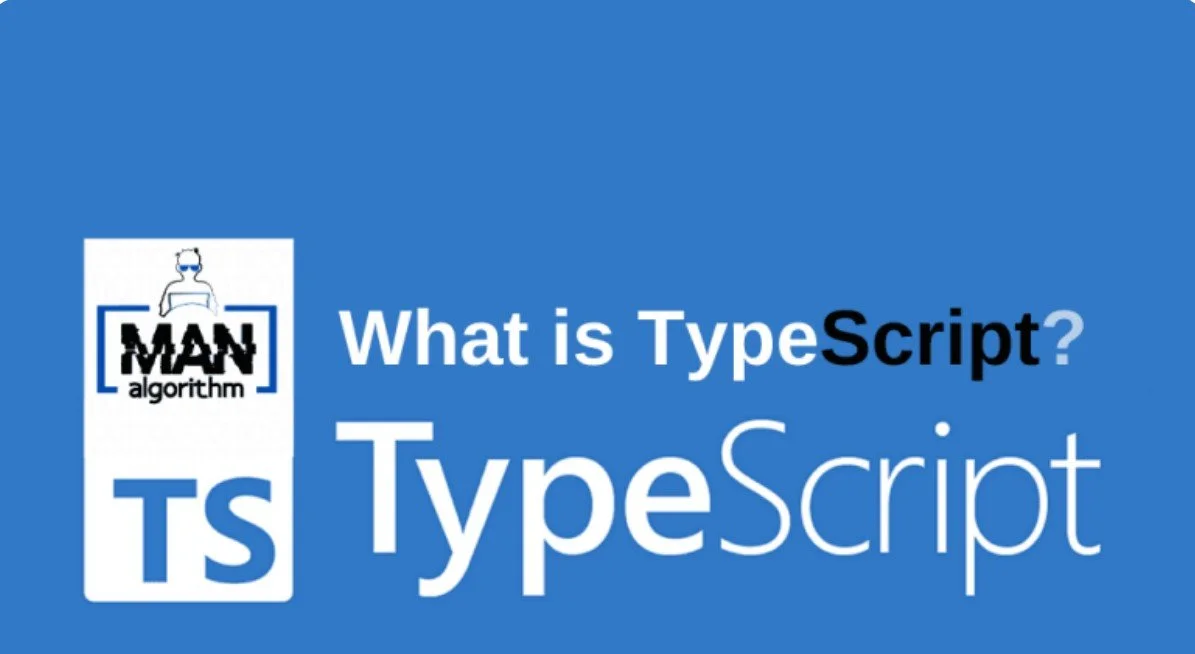TypeScript: The Smarter Way to Write JavaScript
JavaScript has long been the backbone of web development. But as applications became larger and more complex, developers needed a tool to make coding safer, more scalable, and easier to maintain. Enter TypeScript—a superset of JavaScript that has quickly become one of the most popular languages among developers worldwide.
What is TypeScript?
TypeScript, developed by Microsoft, is an open-source programming language that builds on JavaScript by adding static typing. This means developers can define data types for variables, functions, and objects, helping catch errors early—long before code runs in production.
In short: TypeScript = JavaScript + Type Safety + Better Tooling.
Key Features of TypeScript
Static Typing
Detects type-related bugs during development.
Reduces runtime errors.
Object-Oriented Features
Supports classes, interfaces, inheritance, and encapsulation.
Makes large-scale app development more structured.
Compatibility with JavaScript
Every valid JavaScript program is also valid TypeScript.
Easy adoption: you can gradually add TypeScript to an existing project.
Powerful Tooling
Enhanced code completion, navigation, and refactoring in IDEs like VS Code.
Built-in IntelliSense support for a smoother developer experience.
Improved Maintainability
Makes codebases easier to understand and maintain, especially in large teams.
Benefits of Using TypeScript
Fewer Bugs: Errors caught during compile time, not runtime.
Scalability: Perfect for large, complex projects where collaboration is key.
Documentation: Type annotations act as built-in documentation.
Community Support: Huge adoption among frameworks like Angular, React, and Node.js.
TypeScript in Action
Angular: Built entirely with TypeScript, making it the framework’s default language.
React: Increasingly used with TypeScript for stronger component typing.
Node.js: Back-end developers now use TypeScript to bring stability to APIs and server-side apps.
Should You Learn TypeScript?
If you’re already familiar with JavaScript, TypeScript is a natural next step. It:
Helps you write cleaner, safer code.
Enhances collaboration in team projects.
Is in high demand in the job market, especially for enterprise-level applications.
Final Thoughts
TypeScript isn’t about replacing JavaScript—it’s about making it better. By offering stronger tooling, type safety, and scalability, TypeScript allows developers to build more reliable applications faster. Whether you’re working solo or in a large team, learning TypeScript will give you a clear edge in modern web development.

